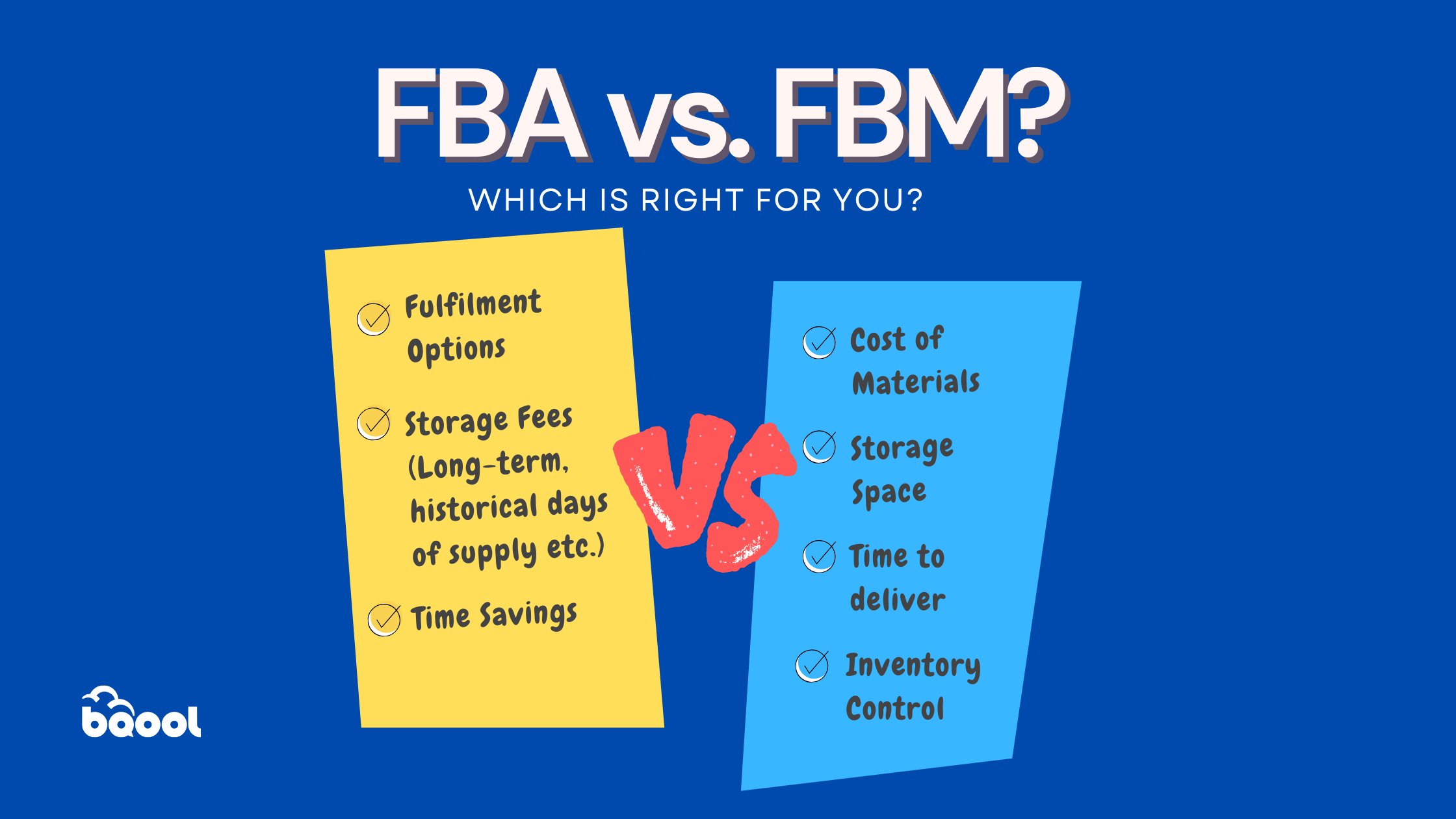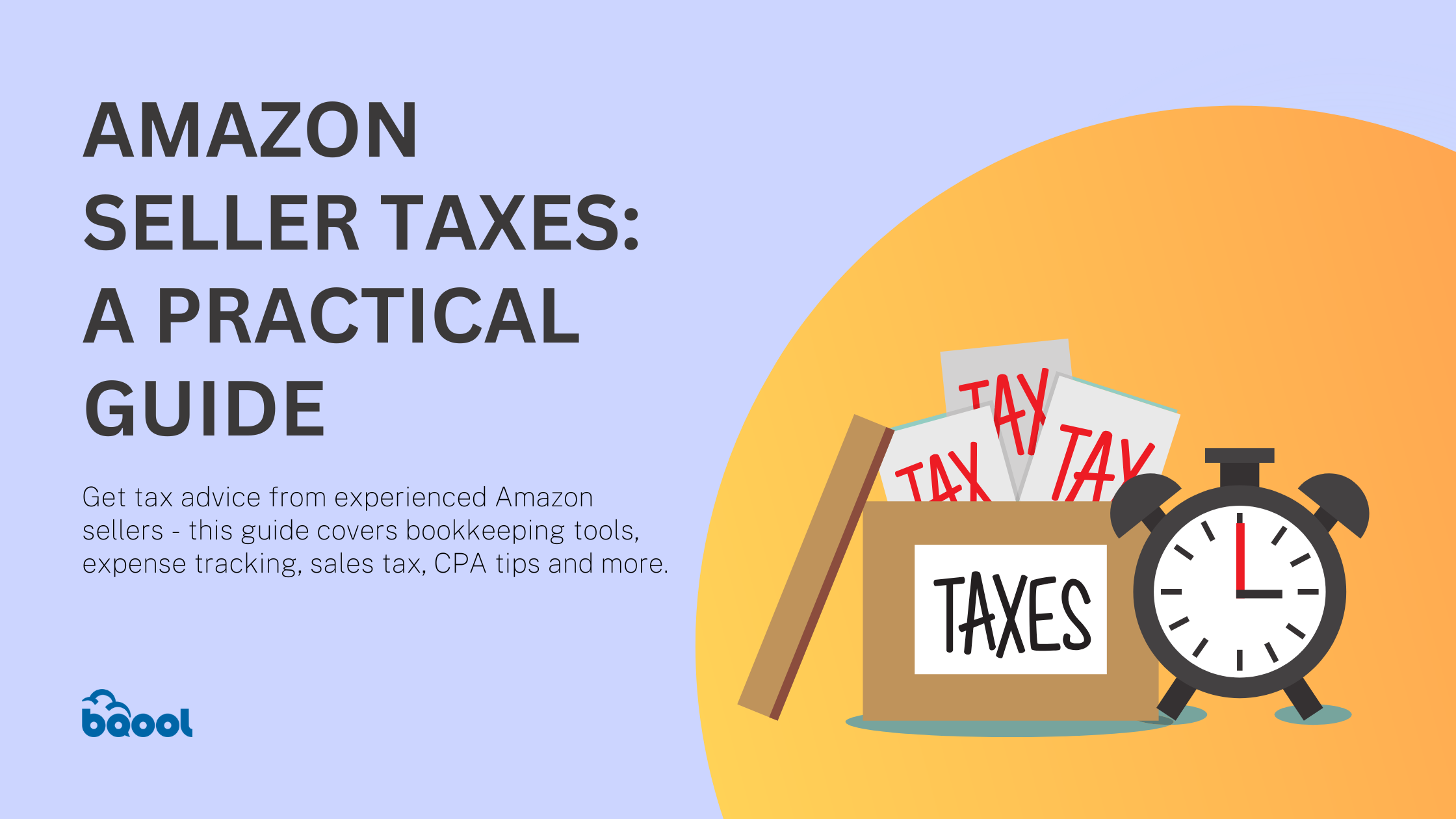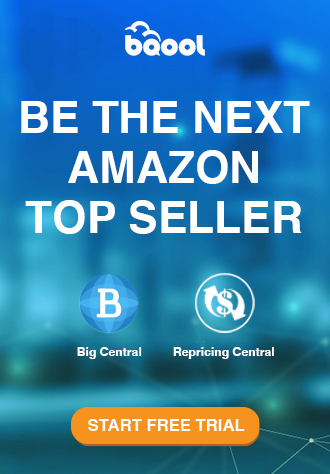Amazon Seller Guide 2025

Comparing FBA vs FBM for Amazon, which is right for you?
What is the difference between FBA vs. FBM?

Comparing FBA vs FBM for Amazon, which is right for you?
Understanding the differences between Amazon’s two main fulfillment methods is crucial for your business success. Each option has distinct advantages and considerations that can significantly impact your operations and profitability.
🎥Watch our video to find out when to use Amazon FBA or FBM
What is FBA (Fulfillment by Amazon)?
Fulfillment by Amazon (FBA) offers a hands-off approach to order processing. When you choose FBA, you ship your inventory to Amazon’s warehouses, and they handle everything else. Amazon takes care of storage, packaging, shipping, and even customer service, including returns. Your products become eligible for Prime shipping, which can significantly boost your sales since Prime members often filter their searches to show only Prime-eligible items.
The main advantages of FBA include:
- Access to Amazon’s world-class logistics network
- Prime badge on your listings
- Higher chance of winning the Buy Box
- More time to focus on product sourcing and marketing
- Ability to scale quickly during peak seasons
- Build customer trust as you depend on Amazon’s reliable shipping and return policies
However, FBA also comes with considerations like storage fees, prep requirements, and the need to manage inventory levels carefully across multiple fulfillment centers.
Challenges of FBA include:
- Fees such as storage, fulfillment, and additional surcharges (e.g., aged inventory fees) can add up, especially for low-margin or slow-moving products.
- Lack of inventory control as you rely on Amazon’s processes, which may limit your ability to inspect and manage inventory directly.
What is Fulfillment by Merchant (FBM)?
Fulfillment by Merchant (FBM), on the other hand, puts you in control of the entire fulfillment process. You store your own inventory, pack orders as they come in, and handle shipping directly to customers. This method gives you complete control over your inventory and shipping processes but requires more hands-on management.
FBM might be the better choice if you:
- Sell large or heavy items where FBA fees would be prohibitive
- Have low sales volume or seasonal products
- Already have an efficient warehousing and shipping system
- Sell products that require special handling or customization
- Want to maintain closer control over your inventory
Some challenges of FBM include:
- Being more time-Intensive as you handle every aspect of fulfillment, which can be resource-heavy as your business grows.
- Higher shipping costs without Amazon’s discounted rates, your shipping expenses may be higher.
- Increased Buy Box Competition since FBM sellers are less likely to win the Buy Box compared to FBA sellers.
👉 Check out our podcast and gather valuable insights on whether you should choose FBA or FBM on Amazon.
How to Decide Between FBA and FBM
Evaluate Your Product Type
FBA is better for small, lightweight, high-demand products with healthy margins, as Amazon’s storage and fulfillment costs are lower.
FBM is ideal for oversized or heavy items that would incur significant FBA fees, or for custom or handmade products requiring personal attention.
Assess Your Budget
If you have the capital to invest in FBA fees and benefit from Prime visibility, FBA may be the way to go.
If you’re working with a tight budget and can handle logistics efficiently, FBM might be more cost-effective.
Analyze Your Order Volume
High-volume sellers benefit from FBA’s streamlined logistics, which can save time and improve customer satisfaction.
Low-volume sellers may find FBM more manageable, avoiding unnecessary FBA fees.
Pay attention to customer needs
For time-sensitive items, FBA’s fast and reliable shipping through Amazon Prime is a significant advantage.
For niche or handmade products, FBM allows for personalized touches that can enhance the customer experience.
Factor in Storage Needs
If your products require long-term storage or are slow movers, FBM may help you avoid Amazon’s aged inventory surcharges.
If you have limited space to store inventory, FBA’s fulfillment centers can take this burden off your hands.
The key to choosing between FBA and FBM is understanding your products, sales volume, and operational capabilities. Consider factors like product size and weight, sales velocity, and your ability to handle fulfillment efficiently when making your decision.
Some sellers opt for a hybrid approach, using both FBA and FBM depending on the product or season. For example, they might use FBA for their best-selling items and handle slower-moving products themselves, or switch to FBM during peak seasons when storage fees are higher.
📖 Learn how to succeed with the Amazon FBA and FBM as Chris shares expert tips on product sourcing, inventory management, and using repricing tools to scale your sales by up to 2,400%
The below table compares a few aspects of FBA vs FBM to help you decide between the two options.
| Aspect | Fulfillment by Amazon (FBA) | Fulfillment by Merchant (FBM) |
|---|---|---|
| Inventory Control | Limited control; Amazon manages inventory and processes | Full control over inventory and fulfillment |
| Storage | Amazon provides warehousing | Seller stores inventory |
| Packaging & Shipping | Amazon handles all packaging and shipping logistics | Seller is responsible for packaging and delivery |
| Customer Service | Amazon manages customer service and returns | Seller handles customer support and return processes |
| Prime Eligibility | Products are eligible for Amazon Prime | Products are not Prime-eligible |
| Fees | Includes storage, fulfillment, and possible surcharge fees | No FBA fees, but bears shipping and handling costs |
| Scalability | Easily scales with high order volumes and seasonal demand | Growth may require significant operational investment |
| Time Investment | Frees up seller time for growth-focused tasks | Requires hands-on daily management |
| Buy Box Advantage | Higher chance of winning the Buy Box | Lower Buy Box visibility |
| Customer Trust | Amazon’s brand builds buyer confidence | Offers personalized service that can foster loyalty |








